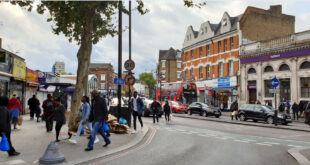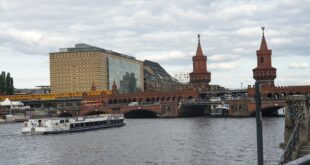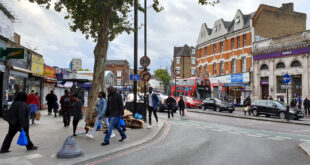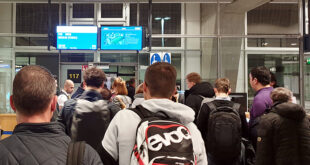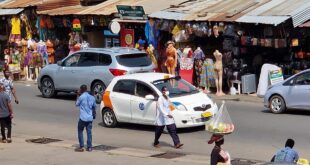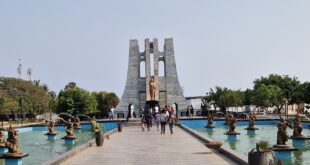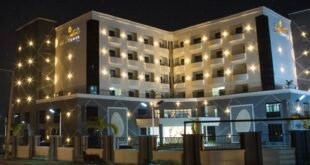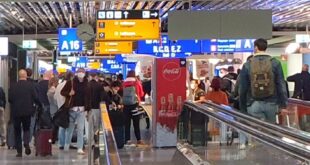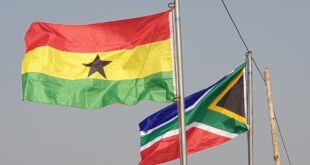Two German female tourists have been stabbed to death while four other foreigners were wounded in an attack at a hotel in the popular Red Sea resort of Hurghada. The terror attack on Friday (14 July) came hours after a shooting near the famous pyramids outside Cairo killed five policemen.
The motive behind the stabbing was unclear and Egypt’s Interior Ministry said the attacker was arrested immediately. A security official said the terrorist, a man in his 20s dressed in a black T-shirt and jeans, wielded a knife and targeted foreigners. “Stay away, I don’t want Egyptians,” the assailant said in Arabic, according to the official.
The Interior Ministry said the attacker, who stabbed the tourists in the face, neck and feet, had got into the hotel by swimming from a nearby beach. Two German tourists died of their wounds while four others were hurt, including citizens of Ukraine and the Czech Republic, the official said.
Three foreign tourists were stabbed at the same Hurghada resort in January 2016 by two suspected militants from the Islamic State militant group (IS).
No group has claimed responsibility for the latest attack on tourists and the killing of the five police officers.
Egypt has been under a state of emergency for months following a series of church bombings in the spring that killed scores of Christians.
Insurgents have carried out a number of attacks in Egypt since the 2013 military removal of elected Islamist president Mohamed Morsi. The violence has been concentrated in the northern Sinai Peninsula, but attacks have spread in the mainland, including in the capital Cairo where suicide bombers have struck churches and security headquarters.
The latest incident in Hurghada has dealt a further blow to Egypt’s tourist industry which has been struggling to recover since the 2011 uprising.
Tourism is one of the leading sources of income, crucial to Egypt’s economy. At its peak in 2010 the sector employed about 12% of Egypt’s workforce serving approximately 14.7 million visitors and providing revenues of nearly $12.5 billion as well as contributing more than 11% of GDP and 14.4% of foreign currency revenues.
Since the 2011 Arab Spring uprising the number of tourists has significantly declined (down to 9.5 million in 2013, the last available figure) and revenue down to $5.9 billion due to security threats and civil unrest.
The tourist industry has been targeted by militants in North Africa over the past few years.
A Russian passenger plane was brought down by a bomb in the peninsula in October 2015, killing all 224 people on board.
In June 2015 at least 39 people, mostly foreigners, were killed and 36 injured in an attack on a beach in the Tunisian resort town of Sousse.
Kwame Appiah with agency reports
 THE AFRICAN COURIER. Reporting Africa and its Diaspora! The African Courier is an international magazine published in Germany to report on Africa and the Diaspora African experience. The first issue of the bimonthly magazine appeared on the newsstands on 15 February 1998. The African Courier is a communication forum for European-African political, economic and cultural exchanges, and a voice for Africa in Europe.
THE AFRICAN COURIER. Reporting Africa and its Diaspora! The African Courier is an international magazine published in Germany to report on Africa and the Diaspora African experience. The first issue of the bimonthly magazine appeared on the newsstands on 15 February 1998. The African Courier is a communication forum for European-African political, economic and cultural exchanges, and a voice for Africa in Europe.




